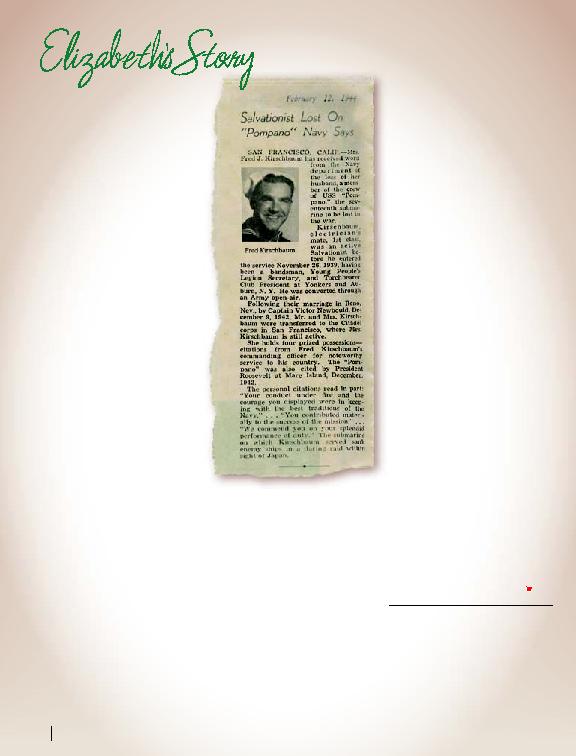
some had their fingers amputated
during torture, and still others had
their eyes gouged out."
demanded.
"Castrated!" There was silence
utes as Elizabeth pondered the
horrible news. But Freddie was alive
and he still wanted her. No matter
what he suffered in life, no matter
what condition he was in, she was
ready to accept him and love him
as he was.
Elizabeth and the two men stood
and she woke up in her bed, alone,
to discover that the whole encounter
with Lt. Blackstone and Commander
Belmont was only a dream.
She called me at home in Seattle
regret now that I did not accept it
for what is was--an expression of
her inmost desires. Instead I ana-
lyzed the dream like a psychology
student writing a college thesis.
subconscious mind has devised
a way for Fred to still be alive,
for him to have a valid reason
for not contacting you all these
years, and for it to be impossible
for him to have been unfaithful
to you? It's all very Freudian."
ing my brief pause on the phone
to hear. But I didn't stop.
are just street names in Fresno,
and your mind made those names
up as part of your dream fantasy."
it must be difficult for you to ac-
cept because there was no body, no
funeral and no closure. But it's time
to accept reality. Fred is dead."
silence and then finally she spoke.
just don't understand, and perhaps
you'll never understand until you've
loved and lost. I love Fred with ev-
erything I am, and I cannot give up
on him if there is even the slightest
sliver of hope that he's still alive."
should not have questioned it then.
Mom, in a measured expression
of gracious restraint, proceeded to
recite her love for my Daddy, telling
me of the good times they shared
and the awful experiences they
endured, "for richer for poorer, for
better for worse, in sickness and in
health... " I got the message loud
and clear--Mama's love was big
enough for us all, including Freddie.
from a favorite Cole Porter lyric,
"Until you've lived a lot, and loved
a lot, and lost a lot, you won't
know Paree." Maybe my mother
was right. Maybe I would never
understand her life, her loves and
her losses until fully living my
own. After this conversation, at
least I gained new respect for my
mother as I was only beginning
to understand the tremendous
depth and capacity of her love.
Golden State Division, with headquarters
in San Francisco, California. "Elizabeth's
Story" won first place for nonfiction in
the National Publication Department's
Writers Contest. The story is an excerpt
from Major Kinnamon's forthcoming
book, All About Love: Elizabeth's Story
at www.elizabethsstory.com